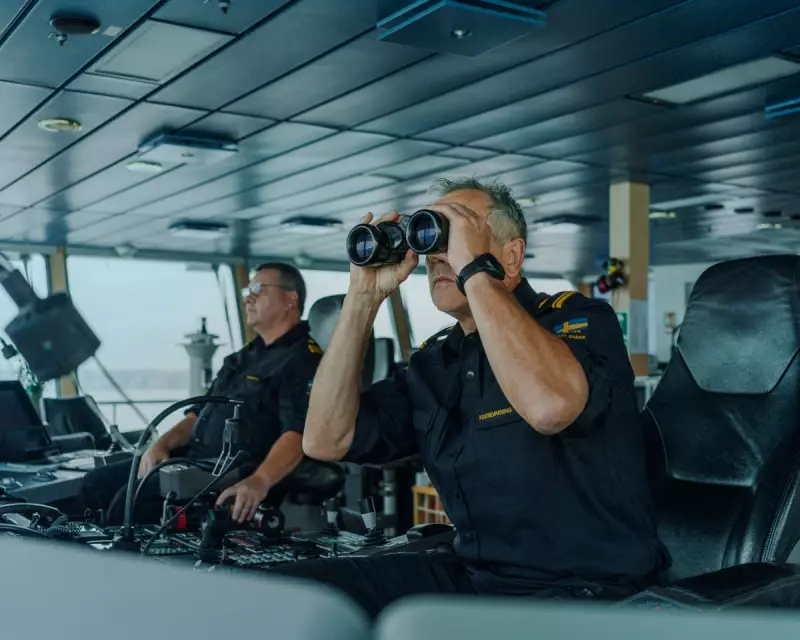
A massive clandestine operation involving hundreds of oil tankers has been uncovered in the delicate waters of the Baltic Sea, posing a severe threat to the region's environment and security. This 'shadow fleet', exceeding 600 vessels, is being used to circumvent Western sanctions and keep Russian oil flowing onto the global market.
The Scale of the Shadow Operation
Investigative analysis has identified a staggering armada of tankers operating with near-total anonymity. These vessels routinely switch off their mandatory tracking systems, use complex chains of shell companies to hide their true ownership, and often rely on invalid or obscure insurance. This deliberate obscurity makes it nearly impossible to hold anyone accountable in the event of a catastrophic spill or accident.
A Ticking Environmental Time Bomb
The presence of these ageing, poorly regulated vessels in the confined and shallow Baltic Sea is a nightmare scenario for environmentalists and coastal nations. Experts warn that a major oil spill from one of these 'ghost ships' would be devastating. The Baltic's unique ecology, including its rare seal populations and already polluted state, would struggle to recover from such a disaster. The lack of proper insurance means the multi-billion euro clean-up cost would likely fall on European taxpayers.
Evading Sanctions and Funding Conflict
The primary purpose of this shadow fleet is economic. By creating a parallel shipping network, Russia and its partners can bypass the G7's oil price cap and other sanctions designed to curb the revenue financing its war in Ukraine. This allows Moscow to continue selling its oil at market rates, effectively undermining the economic pressure intended by Western nations.
Call for Action
Maritime security experts and regional leaders are sounding the alarm, urging for a coordinated international response. Proposed measures include:
- Enhanced monitoring and interdiction: Empowering authorities to inspect and detain non-compliant vessels.
- Port access bans: Preventing ships that switch off transponders from using key ports.
- Targeting the enablers: Applying pressure on the global network of insurers, registries, and financiers that facilitate these operations.
The situation represents a critical test of international resolve. Allowing this shadow fleet to operate with impunity not only undermines sanctions but also leaves an entire region vulnerable to an environmental and economic catastrophe.





